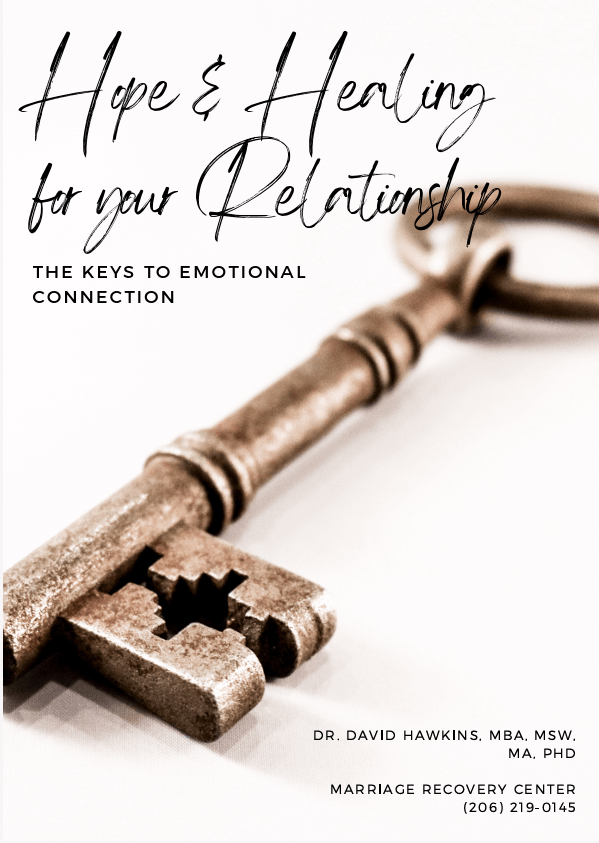Lee Kaufman discusses how early childhood influences on who we are. He examines how factors like geography and in utero develop impact your experience of the world. He offers insights on how this understanding can help you become more empathetic towards yourself and others, and how you can begin to grow beyond these early childhood influences.
How Early Childhood Influences Who We Are
The Power of Early Influences
Maya Angelou once wisely said, “If you want to understand where you’re going, you need to look at your past.” It’s in this spirit that we delve into the fascinating realm of early childhood development to uncover the profound influences that shape who we become as adults. Many individuals often believe they have complete control over their personalities and life choices, but, in reality, various factors weave together to mold our identities. In this article, we explore how the geographical context, prenatal experiences, and early childhood trauma can profoundly impact our lives and guide us on the path to self-discovery and personal growth.
Where in the World: A Geographical Influence
Before we delve into the intricate world of prenatal and early childhood development, let’s consider the role geography plays in shaping our lives. Most of us are part of the 12 percent of the world’s population that is Western, educated, industrialized, rich, and democratic (WEIRD). This perspective can significantly influence our worldviews, values, and beliefs.
The Minority Perspective: In this WEIRD minority, our framework for understanding the world, including aspects such as economy, culture, and belief systems, becomes the norm. However, the majority of the world has vastly different experiences. It’s crucial to question how our lives might differ if we were born in a radically different environment, such as the Amazon basin or sub-Saharan Africa. Our beliefs and values would likely be shaped by the culture and circumstances of our birthplace, impacting the person we ultimately become.
In Utero Development: The Silent Teacher
The journey of self-discovery begins even before we take our first breath. Prenatal development plays a significant role in molding our preferences, sensitivities, and perceptions of the world. Contrary to the common notion that the womb is a quiet and secure place, it is a dynamic environment where we interact with the outside world in subtle yet profound ways.
Sensory Learning: Inside the womb, our senses are not dormant; they are gradually awakening. Our preferences for certain foods, scents, and even our ability to recognize our mother’s voice begin to take shape during gestation. These early sensory experiences can profoundly influence our likes and dislikes as adults.
Environmental Clues: The outside world’s condition also influences our development in utero. If our mothers experience high stress or anxiety during pregnancy, it can elevate our cortisol levels, affecting our internal organ development and making us more predisposed to stress-related issues later in life. Additionally, the availability of food and the mother’s nutrition can influence our perceptions of abundance or scarcity in the world.
Case Studies: Real-life examples like the 9/11 Ground Zero attack and the Hunger Winter in Holland highlight how in utero development can affect our lives. Babies born to mothers experiencing extreme stress during these events often exhibit heightened vulnerability to related anxieties, even when the external environment is no longer threatening.
Early Childhood Trauma: The Unseen Architect
Early childhood trauma is another powerful influence on who we become. Trauma, in this context, includes experiences like divorce, exposure to substance abuse, neglect, or physical and verbal abuse. While many people may experience some form of trauma, those who endure significant early trauma face distinct challenges.
Long-term Impact: Individuals who experience substantial early trauma are three times more likely to develop heart disease and have a 20-year shorter life expectancy. The trauma they endured during their formative years leaves a lasting imprint on their physical and mental health.
Compassion and Understanding: Understanding the profound effects of early childhood trauma allows us to approach the people in our lives with greater empathy and compassion. Recognizing that many are working to overcome challenging pasts, we can offer support and kindness. However, it is essential to differentiate between understanding and accepting harmful behavior. Healthy boundaries are vital when dealing with individuals whose past trauma manifests in negative actions.
The Power of the “Why” Question: To understand and grow beyond the influences of our early years, we must ask ourselves the “why” question. Why do we believe what we believe? Why do we feel the way we feel? This introspection allows us to uncover the roots of our behaviors and thought patterns, ultimately guiding us towards personal growth and self-discovery.
Navigating the Path of Self-Discovery
Early childhood influences are like the unseen architects of our lives, shaping our personalities, preferences, and vulnerabilities. The geographical context, prenatal experiences, and early childhood trauma all play pivotal roles in determining who we become as adults. By recognizing and understanding these influences, we can embark on a journey of self-discovery and personal growth. In doing so, we can not only navigate our own path but also extend a hand of compassion to those who carry their own burdens from the past. In this way, we can collectively strive for a more understanding and empathetic world.
To learn how we can help, reach out to us at (206) 219-0145 or info@marriagerecoverycenter.com to speak with a Client Care Specialist
Also read: Intensive Healing from Emotional Abuse or Loss
About Dr. Hawkins:
The internet is inundated with hyperbole and misinformation about narcissism, leaving many people confused and hopeless. Get the facts on narcissism and emotional abuse from someone who has been researching, writing about and treating narcissism and emotional abuse for over a decade.
Dr. Hawkins is a best-selling author and clinical psychologist with over three decades of experience helping people break unhealthy patterns and build healthier relationships.
He is the founder and director of the Marriage Recovery Center and the Emotional Abuse Institute which offers education, training and counseling for people who want to break free of, and heal from, emotional abuse. Whether the perpetrator of the abuse is your spouse, partner, parent, boss, friend or family member, we offer practical advice for anyone trapped in a toxic, destructive relationship.
In addition to narcissism & emotional abuse, you’ll learn about the lesser known forms of abuse, including covert abuse, reactive abuse, spiritual abuse, secondary abuse, relationship trauma and much more.








